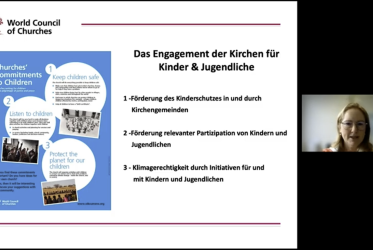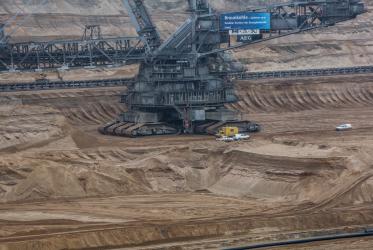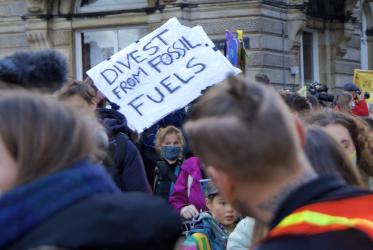Displaying 161 - 180 of 572
WCC Eco-School 2022 postponed to November 2022
31 March 2022
Specialized Ministries Pre-Assembly
09 - 10 March 2022
WCC offers intervention at Climate Responsible Finance event
24 February 2022















